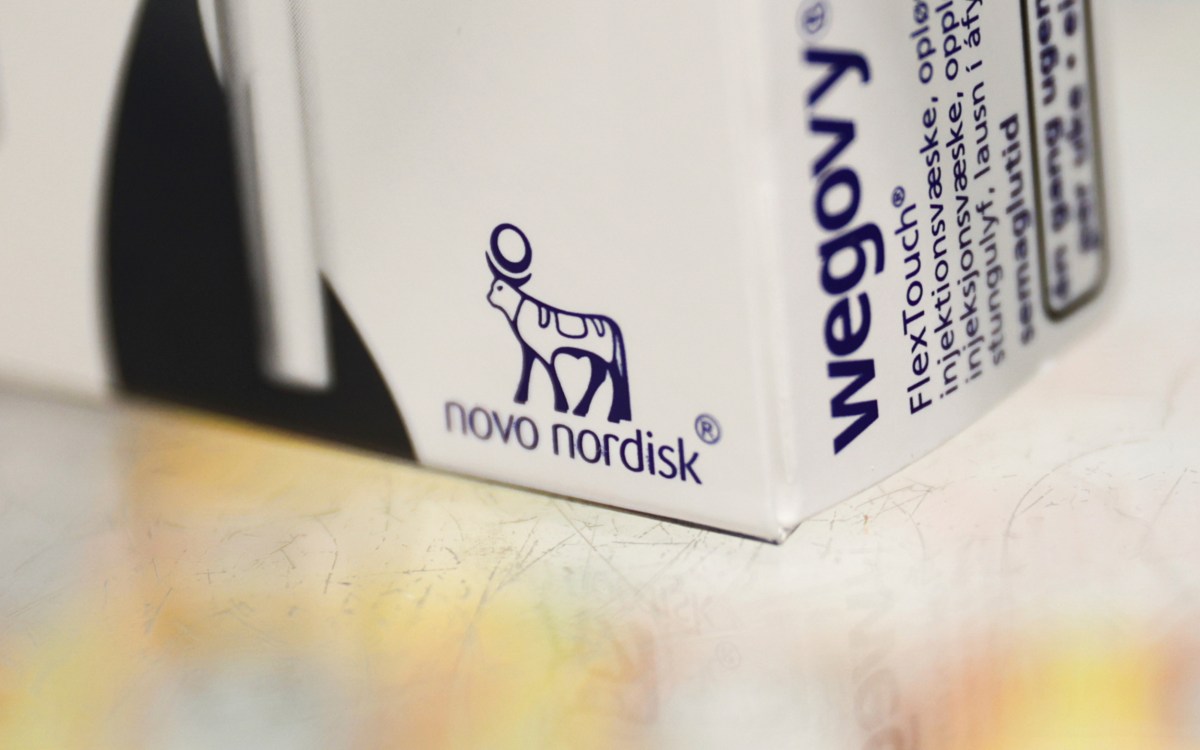Gene therapy demonstrates benefit in patients with rheumatoid arthritis
Researchers have reported the first clinical evidence that gene therapy reduces symptoms in patients with rheumatoid arthritis (RA), an important milestone for this promising treatment . Described in the February issue of the journal Human Gene Therapy, the findings stem from a study of two patients with severe rheumatoid arthritis conducted in Germany and led by an investigator at Beth Israel Deaconess Medical Center (BIDMC).
“This study helps extend gene therapy research to nongenetic, nonlethal diseases,” explains principal investigator Christopher Evans, director of the Center for Advanced Orthopaedic Studies at BIDMC. “Rheumatoid arthritis is an extremely painful condition affecting multiple joints throughout the body. Arthritis is a good target for this treatment because the joint is a closed space into which we can inject genes.” Evans is also the Maurice Müller Professor of Orthopaedic Surgery at Harvard Medical School.
A classic autoimmune disease, RA develops when, for unknown reasons, the body’s immune system turns against itself, causing joints to become swollen and inflamed. Although anti-inflammatory agents and biologics can help to mitigate symptoms, there is no cure for the condition, which affects millions of individuals.
Evans has spent many years studying the molecules responsible for the breakdown of cartilage in patients with arthritis, identifying interleukin-1 as a good target. But, he says, once he had this answer, another question was not far behind: How could he effectively reach the joints to block the actions of this protein?
Gene therapy provided the answer.
By implanting a gene in the affected joint, Evans was able to stimulate production of a human interleukin-1 receptor antagonist protein, which serves to block actions of the interleukin-1 protein.
“The idea is that by remaining in place, the new gene can continuously block the action of the interleukin-1 within the joints,” he says. “In essence, the gene becomes its own little factory, continuously working to alleviate pain and swelling.”
“This paper,” Evans adds, “provides us with the first real evidence that painful symptoms can indeed be lessened through gene therapy.”




